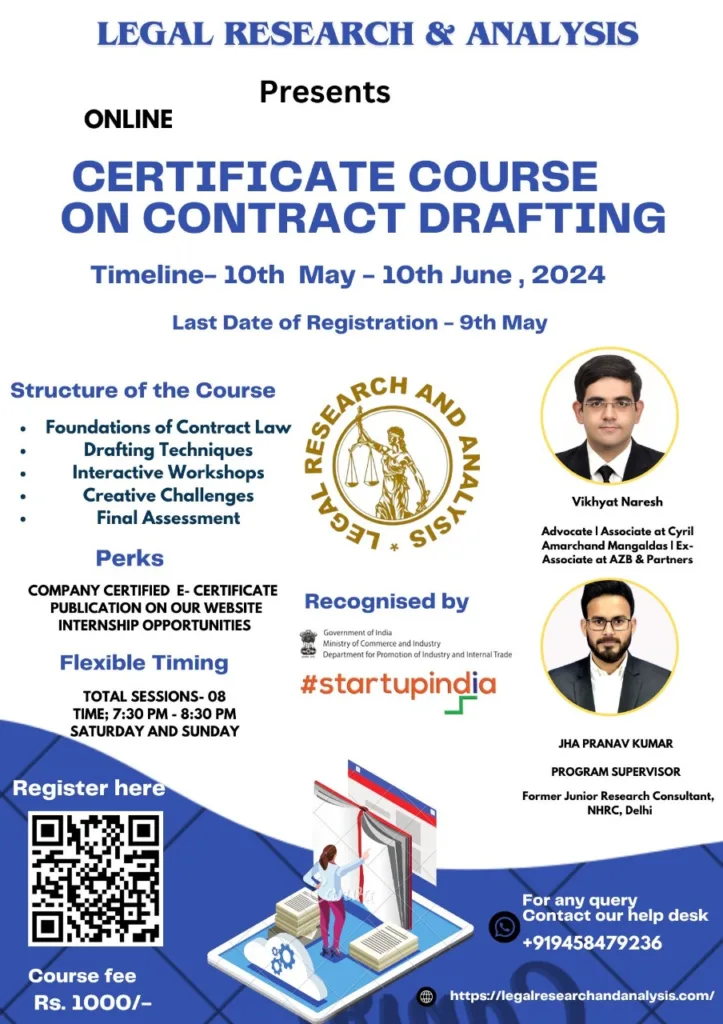
‘Was tortured’: Family of dead IIT Bombay boy alleges caste bias behind suicide

IIT Bombay boy alleges caste bias behind suicide; Another case of the gruesome death of a Schedule Caste student reported from the campus of a renowned educational institution in India. The 18-year-old Darshan Solanki who hails from Ahmedabad, Gujarat, jumped to his death on Sunday from the seventh floor of a hostel in Bombay IIT’s Powai campus.
A Case of Caste Bias
The family members of the deceased boy claimed the cause of death is caste-based discrimination faced by Solanki in the campus, which are out rightly rejected by the institution. However, no evidence is available to substantiate the claims of the family members, the police promised a thorough investigation from all angles.
The death of Solanki has again raised the two-fold question in front of us. Firstly, students from backward social-economic backgrounds still face challenges to cope with the curriculum due to the language barrier as English has now become a common medium of teaching in all Institutes of Eminence. And secondly, as claimed by the family of the dead that even after more than 75 years of India’s Independence, the ghost of caste biases is still hovering over public institutions including educational institutions of such a high reputation like IITs and IIMs.
A study, entitled ‘The Steady Drumbeat of Institutional Casteism’, conducted by the Forum
Against Oppression of Women, Forum for Medical Ethics Society, Medico Friend Circle and the
Peoples’ Union of Civil Liberties, Maharashtra says that casteism is not only prevalent but also
institutionalised in Indian higher educational institutions, particularly in the technical fields of medicine and engineering. However, these institutions rarely acknowledge the discrimination and wilfully ignore both subtle and overt forms of casteism.
The study focuses on the various ways in which casteism is practised and even normalised in the current higher education system of the country. It may exist in the direct form of abusive casteist slurs, gestures, comments and physical exclusion or in its indirect ill-informed opposition to the constitutionally mandated policy of reservation and routine biases inflicting psychological harm upon the victims.
It was conducted in the aftermath of the tragic suicides of Payal Tadvi and Rohit Vemula. The
study refers to their suicides as ‘institutional murders’, while highlighting the culture of a victim-blaming and apathy towards the victims of such institutional murders for calling them ‘mentally weak’ even after their death. Such an approach is also observed in the cases of sexual harassment of women too.
In this case also the student group Ambedkar Periyar Phule Study Circle called Solanki’s death an“institutional murder”. The relatives of Solanki stated about the indirect discriminatory attitude of Darshan’s colleagues and friends when they came to know about his caste. According to data by the education ministry, presented in 2019 in Lok Sabha, out of 6,043 faculty members at the 23 IITs, only 149 were SCs and 21 were STs- accounting for less than 3% of the total faculty members.
Similarly, out of the 642 faculty members across 13 Indian Institute of Management (IIM), only
four belong to SC and one faculty member belongs to ST. The same pattern can be found even in Universities offering liberal arts courses such as the University of Delhi which has failed to implement the reservation policy. Out of the total sanctioned strength of 264 professors, it has
only 3 SC professors and none from ST backgrounds.
Failure of the implementation and non-compliance with various UGC regulations, government and court reports on the issue by the Indian higher education institutions leading to a large number of drop-outs and even suicides by those affected, itself shows the casteist attitude of these institutions that pay no heed to the pain and concerns of the backward caste.
It asserts the need for anti-caste-based discrimination legislation to take into account inter-
sectional discrimination which shall provide a direction to address caste-based discrimination
both conceptually and operationally, similar to the recent reforms taken on sexual harassment of women in workplaces.







